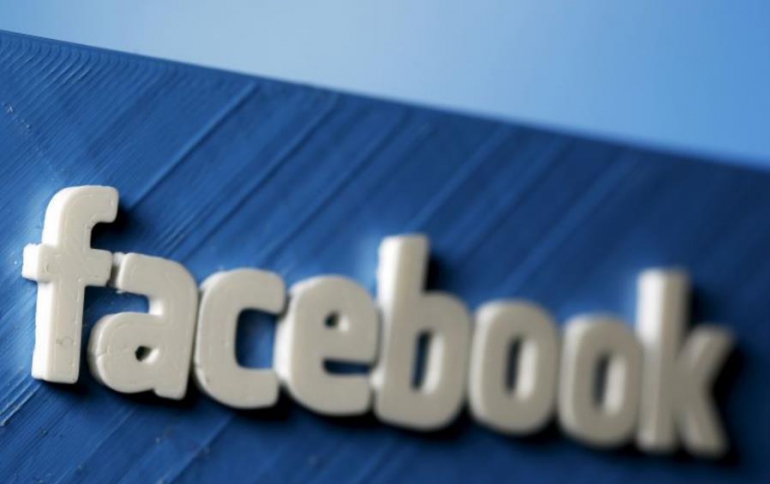
Facebook Project Aims At Making Internet Access Available to All
Mark Zuckerberg, founder and CEO of Facebook, today announced the launch of internet.org, a global partnership with the goal of making internet access available to the next 5 billion people.
"Everything Facebook has done has been about giving all people around the world the power to connect," Zuckerberg said. "There are huge barriers in developing countries to connecting and joining the knowledge economy. Internet.org brings together a global partnership that will work to overcome these challenges, including making internet access available to those who cannot currently afford it."
Internet adoption is growing by less than 9% each year, which is slow considering how early we are in its development.
The goal of Internet.org is to make internet access available to the two-thirds of the world who are not yet connected, and to bring the same opportunities to everyone that the connected third of the world has today.
The founding members of internet.org -- Facebook, Ericsson, MediaTek, Nokia, Opera, Qualcomm and Samsung -- will develop joint projects, share knowledge, and mobilize industry and governments to bring the world online. Internet.org is influenced by the successful Open Compute Project, an industry-wide initiative that has lowered the costs of cloud computing by making hardware designs more efficient and innovative.
Google said in June that it had launched a small network of balloons over the Southern Hemisphere in an experiment it hopes could bring reliable Internet access to the world's most remote regions.
That pilot program, Project Loon, took off in June from New Zealand's South Island, using solar-powered, high-altitude balloons that ride the wind about 12.5 miles, or twice as high as airplanes, above the ground, Google said.
Internet adoption is growing by less than 9% each year, which is slow considering how early we are in its development.
The goal of Internet.org is to make internet access available to the two-thirds of the world who are not yet connected, and to bring the same opportunities to everyone that the connected third of the world has today.
The founding members of internet.org -- Facebook, Ericsson, MediaTek, Nokia, Opera, Qualcomm and Samsung -- will develop joint projects, share knowledge, and mobilize industry and governments to bring the world online. Internet.org is influenced by the successful Open Compute Project, an industry-wide initiative that has lowered the costs of cloud computing by making hardware designs more efficient and innovative.
Google said in June that it had launched a small network of balloons over the Southern Hemisphere in an experiment it hopes could bring reliable Internet access to the world's most remote regions.
That pilot program, Project Loon, took off in June from New Zealand's South Island, using solar-powered, high-altitude balloons that ride the wind about 12.5 miles, or twice as high as airplanes, above the ground, Google said.





















